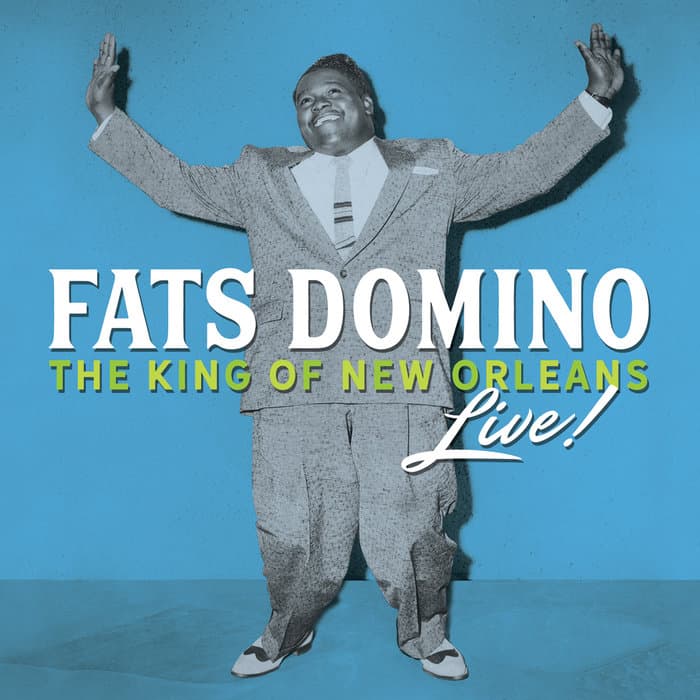
The Sweet, Seductive Scandal of a New Orleans Night
“One Night”: A Tantalizing Confession of Fleeting Romance and Rock ‘n’ Roll’s Moral Shift.
Ah, the 1950s. A time when the music on the radio was the soundtrack to our youth, a rhythmic, exciting rebellion against the staid conventions of the post-war world. And leading that charge, a kind, piano-pounding gentleman from New Orleans, the legendary Antoine “Fats” Domino. When we hear the opening shuffle and the familiar, rolling boogie-woogie piano of “One Night”, a wave of pure, sweet nostalgia washes over us, a memory of sock hops, drive-in dates, and a time when a simple three-minute song could stir up a national conversation about morality and music.
It’s important to remember that the version most of us embraced and held dear was Fats Domino’s rendition, released in 1957. Though it did not match the astronomical success of his biggest hits, like “Blueberry Hill” or “Ain’t That a Shame”, it still proved to be a respectable chart contender. His take on the song, which arrived on the heels of his incredible run of rock and roll hits for Imperial Records, peaked on the Billboard Top 100 chart at a very respectable No. 29. This was a remarkable feat, considering the song’s controversial history and the sheer dominance of other artists—notably a young man named Elvis Presley—who also covered the tune.
The true story behind “One Night” is a fascinating glimpse into the cultural gatekeeping of the era. The song was originally recorded a year earlier in 1956 by another New Orleans R&B great, Smiley Lewis, under the title “One Night of Sin”. Written by the powerhouse team of Dave Bartholomew and Pearl King (or possibly Anita Steiman), the original lyrics were frankly, well, a little too spicy for mainstream American radio at the time. Lewis’s version, which chronicled a man’s unapologetic desire to spend one night with his love, hit No. 11 on the R&B charts but was deemed too risqué for pop airwaves. The lyrical line that truly raised the censors’ eyebrows was a plea to the object of his affection: “One night of sin is all I’m hopin’ to get.”
Fats Domino, ever the charming diplomat of rock ‘n’ roll, knew how to smooth out the rough edges for a wider audience while keeping the spirit intact. When he recorded it, the key word was gently nudged out of the lyric sheet. In Domino’s version, the scandalous line was softened to the decidedly less offensive: “One night with you is all I’m hopin’ to get.” It’s this slight, yet significant, lyrical change that allowed Fats Domino’s recording to slip past the moral watchdogs and into the homes of America’s youth. The heart of the song—a simple, heartfelt wish for a night of profound connection and romance, whether innocent or not—remained. The meaning, in Fats’ warm, Louisiana-accented baritone, felt less like a brazen declaration of lust and more like a sweet, earnest request for a precious, stolen moment.
Listen to that familiar, deep voice and the unmistakable triplet-heavy piano style that was the very blueprint of early rock. It’s an aural embrace, a sound that bridged the gap between Rhythm and Blues and the nascent Pop charts, tearing down the color lines of the music industry one boogie-woogie chord at a time. The simple arrangement, anchored by Domino’s buoyant, driving rhythm, made the song not just palatable, but utterly irresistible. “One Night” is more than a classic rock and roll song; it is a gentle landmark in cultural history, proving that a dash of New Orleans charm could make even a “sinful” story sound like the most beautiful promise.